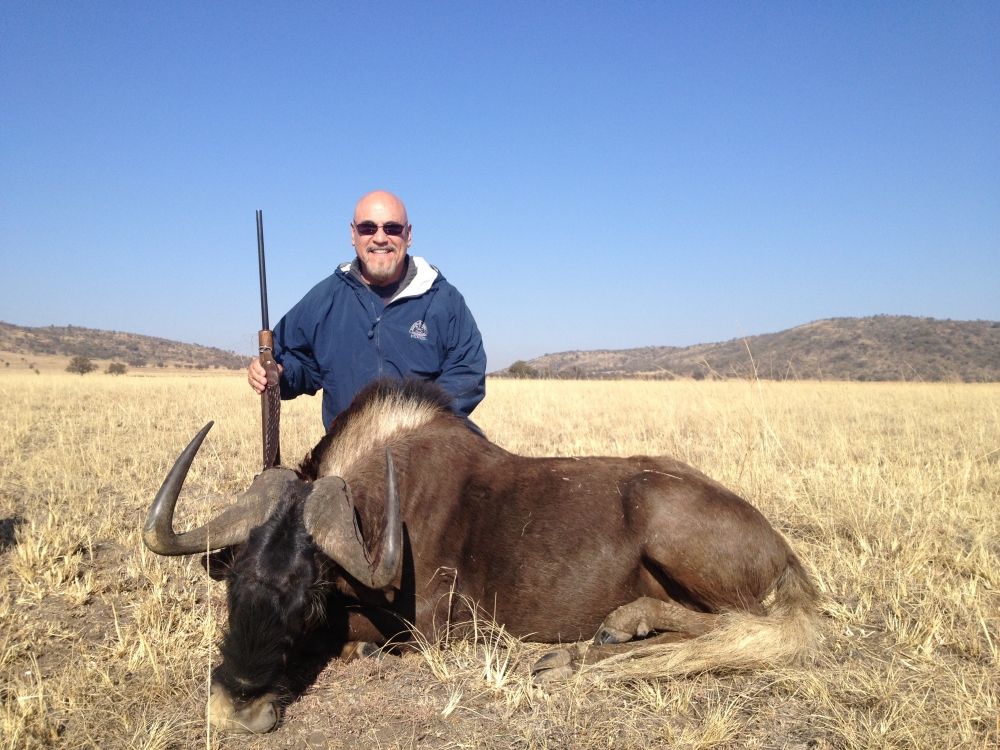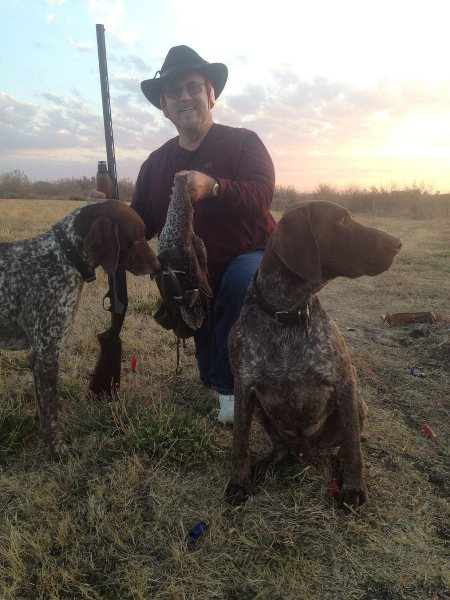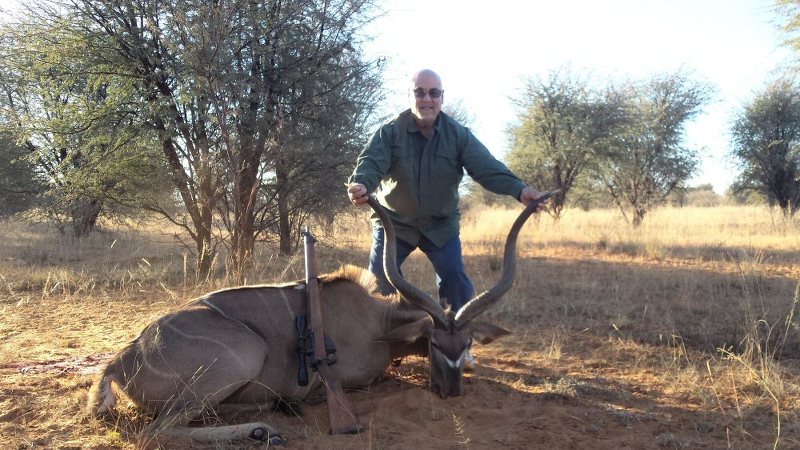RonRC
Well-Known Member
- Joined
- Sep 2, 2011
- Messages
- 1,313
- Reaction score
- 205
I have worked in South Africa for at least a month every year since 1999. My work project focuses on remediation and cleanup of uranium contamination from gold mining operations. The gold ore that built the SA economy also is high in uranium. When uranium prices are low, the residual uranium ends up in waste piles called tailings storage facilities. When it rains, the rain water can leach uranium and other metals and arsenic from the tailings, and that ends up in the local watersheds.
I also have an appointment as Professor Extraordinaire of Environmental Engineering at a university just west of Johannesburg, right in the active area of the deepest mines in the world (I've been 11,400 ft below the surface in a gold mine - another story). My Masters and PhD students there work on the uranium problem.
Of course I have visited the major National Parks like Kruger National Park, spotted lions, elephants, etc. and have been charged by an elephant, but until 2013, never hunted. In July of 2013, I rode as a passenger in my student's pickup truck, known as a bakke in Afrikaans. In the bed of the bakke was a hunter, his son, and a PH - Professional Hunter. We were on a private game reserve of a wealthy business person. The grazers had multiplied until they exceeded the carrying capacity of the land, so we were part of a culling process. We spotted a Black Wildebeest and the hunter took a shot, grazing the Wildebeest at the spine near the tail. It just stunned the animal. The PH took a shot and missed completely. Out of frustration, my student handed me is 7 mm Mag rifle and asked me to bring the whole problem to conclusion. So:

This year, I arrived at the Johannesburg Airport, Tambo International Airport, at about 10 pm on a Friday night. We drove about 1.5 hours to my living quarters and by the time I was inside, it was midnight. The student said that he would be back about 5:30 am on Saturday to take me duck and dove hunting. What?!! I haven't even had time to adjust to the jet lag. Well, who am I to turn down such an opportunity?

A few weeks later, another student told me that his parents will be in town to pick him and me up to take to their farm and game reserve at the edge of the Kalahari. Off we went on the 3 hour drive to the Kalahari and the farm/ranch. They put me up in the farm house, fed me until I could hold no more, and said that we would leave the following morning to shoot a Kudu for the farm hands. This wouldn't be a trophy animal because I didn't have a license, and the older, bigger ones were not as good to make biltong, a sort of beef jerky. That Saturday, they handed me a 1945 Lee Enfield rifle in 303, we were off in the bakke looking for just the right Kudu. All day we went around the game reserve spotting Kudu all over the place, but not the right Kudu. Near sunset, on the way back to the farm house, we saw THE ONE. I didn't want to shoot from the bed of the bakke off of sandbags like most American hunters do. I wanted to track and free shoot. And:

What I find funny is that I meet all these American hunters flying over or coming back to South Africa. Many are dressed in Camo pants, shirts, hats and even boots, with the pants bloused in the boots. Great camo! Then, they shoot from the bed of a white, Toyota Hi- Lux pick up truck. :lol!:
End of the story for now.
Ron
I also have an appointment as Professor Extraordinaire of Environmental Engineering at a university just west of Johannesburg, right in the active area of the deepest mines in the world (I've been 11,400 ft below the surface in a gold mine - another story). My Masters and PhD students there work on the uranium problem.
Of course I have visited the major National Parks like Kruger National Park, spotted lions, elephants, etc. and have been charged by an elephant, but until 2013, never hunted. In July of 2013, I rode as a passenger in my student's pickup truck, known as a bakke in Afrikaans. In the bed of the bakke was a hunter, his son, and a PH - Professional Hunter. We were on a private game reserve of a wealthy business person. The grazers had multiplied until they exceeded the carrying capacity of the land, so we were part of a culling process. We spotted a Black Wildebeest and the hunter took a shot, grazing the Wildebeest at the spine near the tail. It just stunned the animal. The PH took a shot and missed completely. Out of frustration, my student handed me is 7 mm Mag rifle and asked me to bring the whole problem to conclusion. So:

This year, I arrived at the Johannesburg Airport, Tambo International Airport, at about 10 pm on a Friday night. We drove about 1.5 hours to my living quarters and by the time I was inside, it was midnight. The student said that he would be back about 5:30 am on Saturday to take me duck and dove hunting. What?!! I haven't even had time to adjust to the jet lag. Well, who am I to turn down such an opportunity?

A few weeks later, another student told me that his parents will be in town to pick him and me up to take to their farm and game reserve at the edge of the Kalahari. Off we went on the 3 hour drive to the Kalahari and the farm/ranch. They put me up in the farm house, fed me until I could hold no more, and said that we would leave the following morning to shoot a Kudu for the farm hands. This wouldn't be a trophy animal because I didn't have a license, and the older, bigger ones were not as good to make biltong, a sort of beef jerky. That Saturday, they handed me a 1945 Lee Enfield rifle in 303, we were off in the bakke looking for just the right Kudu. All day we went around the game reserve spotting Kudu all over the place, but not the right Kudu. Near sunset, on the way back to the farm house, we saw THE ONE. I didn't want to shoot from the bed of the bakke off of sandbags like most American hunters do. I wanted to track and free shoot. And:

What I find funny is that I meet all these American hunters flying over or coming back to South Africa. Many are dressed in Camo pants, shirts, hats and even boots, with the pants bloused in the boots. Great camo! Then, they shoot from the bed of a white, Toyota Hi- Lux pick up truck. :lol!:
End of the story for now.
Ron





